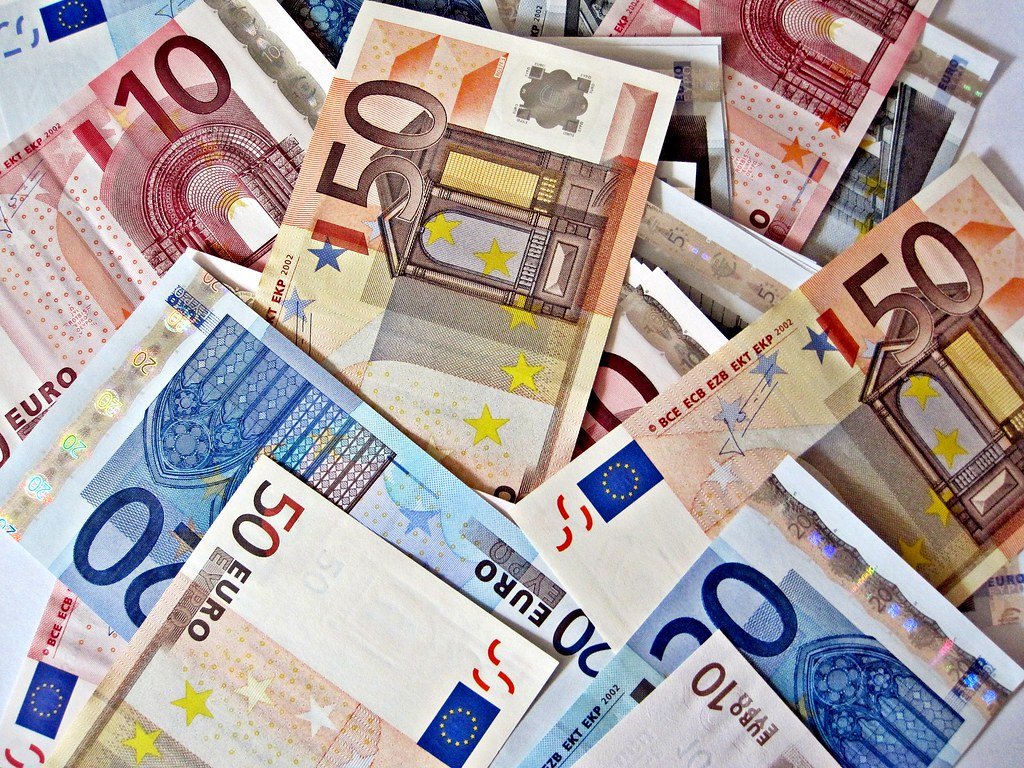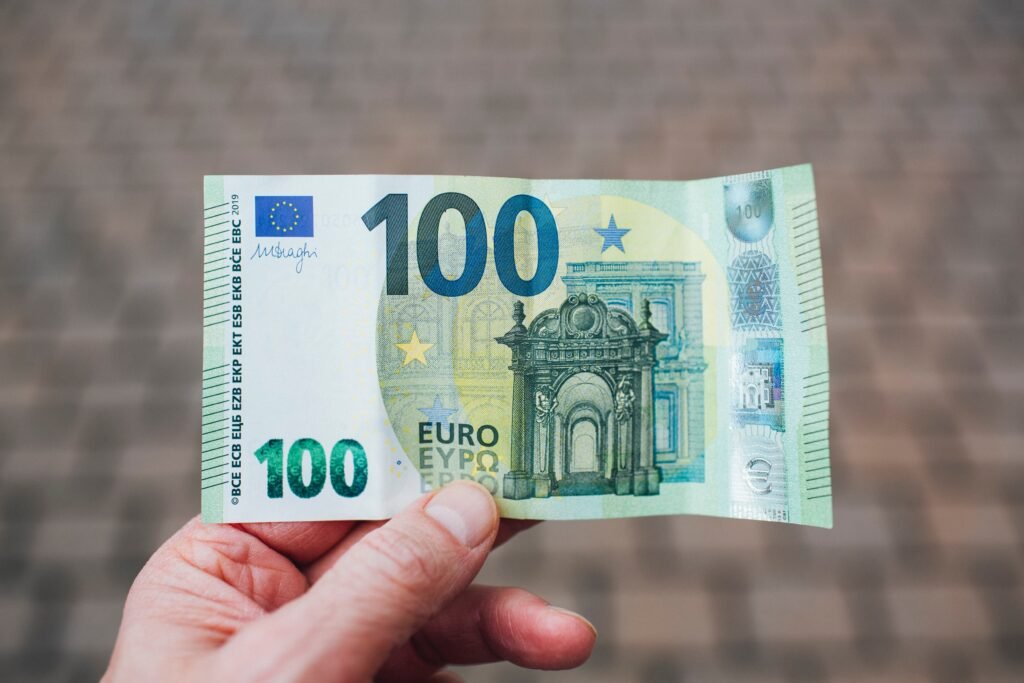
The Mayor of London, Sadiq Khan, claims that the United Kingdom is losing $178 billion annually due to its exit from the European Union, leading to a 6% reduction in its economy. This translates to approximately £140 billion. According to Khan, the “hard-line version of Brexit” is impacting the economy and raising the cost of living.
Estimates from the National Institute of Economic and Social Research (NIESR) suggest a 2-3% contraction in the UK’s economy due to Brexit, with expectations that this figure could increase to 5-6% by 2035. The UK’s exit is also believed to have led to a decline in business investments, potentially resulting in a 1.3% reduction in GDP by the end of 2022, or about £1,000 per British household annually.
Cambridge Econometrics predicts that Brexit will decrease annual economic growth in the UK by 0.4 percentage points by 2035, cut employment levels by 3 million by the same year, and reduce investments by a third.
The decision for the UK to exit the EU was made in a 2016 referendum, with 52% of voters supporting leaving and 48% against. After complex negotiations, the UK officially left the EU on January 31, 2020, entering into a trade and cooperation agreement that came into effect on January 1, 2021. However, challenges persist, and dissatisfaction with the agreement’s terms is periodically expressed by both side

